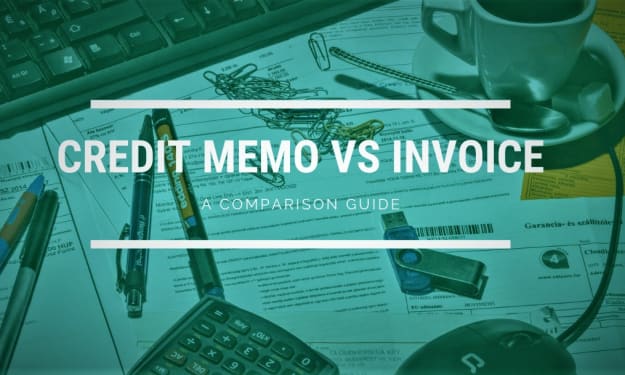
What Is a Business Checking Account?
A Business checking account resembles a personal checking account in many ways. With both types of accounts, you can normally make deposits and withdrawals, process ACH payments, create checks, make purchases using a debit card, and access ATMs.
A commercial checking account maintains funds for your firm, whereas a personal checking account holds funds for personal expenses such as mortgage payments, car payments, and utility bills. Another important distinction is that business bank accounts typically charge more fees than personal checking accounts.
How Do Business Checking Accounts Work?
There are business checking accounts for various types of businesses. LLCs, sole proprietors, corporations, and partnerships are all eligible to open business checking accounts. A business checking account can be opened by a company as small as a one-person consulting firm or as large as a software company with 10,000 employees.
Do I Need a Business Checking Account?
A business checking account allows business owners to separate their business funds from their personal funds. Among the benefits of a business checking account are its ability to enhance your company's legitimacy, enhance accounting, and ease tax filing. In addition to protecting your personal assets from business-related legal actions or debt collection, business checking accounts may provide access to a business credit card or line of credit.

How to Choose a Business Checking Account
A business checking account is the core of your banking connection with a financial institution. One of its most essential tasks is to segregate your personal and corporate banking.
Before choosing a business checking account based solely on the APY or fees, evaluate what this account must do for you and your firm. Does your company rely heavily on transaction processing? Will you frequently deal with money? It is essential to be aware of your individual requirements, both at the onset of your firm and as it expands.
Consider the following factors while selecting the best business checking account:
- Fees. Due to the fact that you'll be using your company checking account to perform day-to-day transactions, it's crucial to minimise costs. Examine monthly maintenance fees, out-of-network ATM fees, and volume-based transaction fees in particular.
- Minimums. When opening a business checking account, several banks and credit unions require a minimum deposit. Others may demand you to maintain a minimum balance per statement cycle or conduct a specified number or type of transactions in order to avoid a monthly maintenance fee or earn the advertised APY.
- Limits. Due to the fact that you will likely handle more transactions every statement cycle with your business account, it is vital to review any applicable limits. Some accounts may restrict the number or type of transactions you can do, while others may restrict the amount of cash you can deposit or withdraw.
- APY. For savings bank accounts, earning interest is of more importance. Nonetheless, for many businesses, their business checking account is their principal banking relationship. Certain corporate checking accounts do not accrue interest. But if you can earn APY on your business checking account, that's even better.
- Customer support. It is crucial to have access to customer service whenever and wherever you need it, regardless of whether you bank online or in a branch. Several banks and credit unions provide specialised personnel to address the requirements and concerns of businesses.
- Digital experience. The Covid-19 epidemic demonstrated to businesses the significance of online and mobile digital banking experiences. The quality and usefulness of a mobile app can have an impact on your business outcomes because so many transactions are conducted by smartphone or laptop rather than in a real bank branch.
- Safety. Ensure that your account is covered by the Federal Deposit Insurance Corporation (FDIC). In the case of a bank failure, it pays up to $250,000 per depositor, per bank, for each account ownership category. National Credit Union Administration coverage should be comparable at credit unions (NCUA).
- Space for expansion. Due to the fact that your business checking account is the starting point of your business banking relationship, you should investigate what other services the bank provides that may become important to you as your business grows, such as opportunities for your business to save and invest, add merchant or treasury services, and access loans or credit lines.

Why should I consider a business bank account more than a personal checking account?
- Separating personal and company finances protects business funds.
- Track business spending easily.
- Budget more realistically
- Improve your bookkeeping to organise business funds.
- Help you secure a company loan, line of credit, or credit card as needed.
Bottom Line
A business checking account can serve as a firm foundation for constructing a company. It can, among other things, keep your business affairs separate from your personal affairs, simplify accounting and tax-filing duties, and protect your personal assets if your business is sued or targeted by debt collectors.





Comments
There are no comments for this story
Be the first to respond and start the conversation.